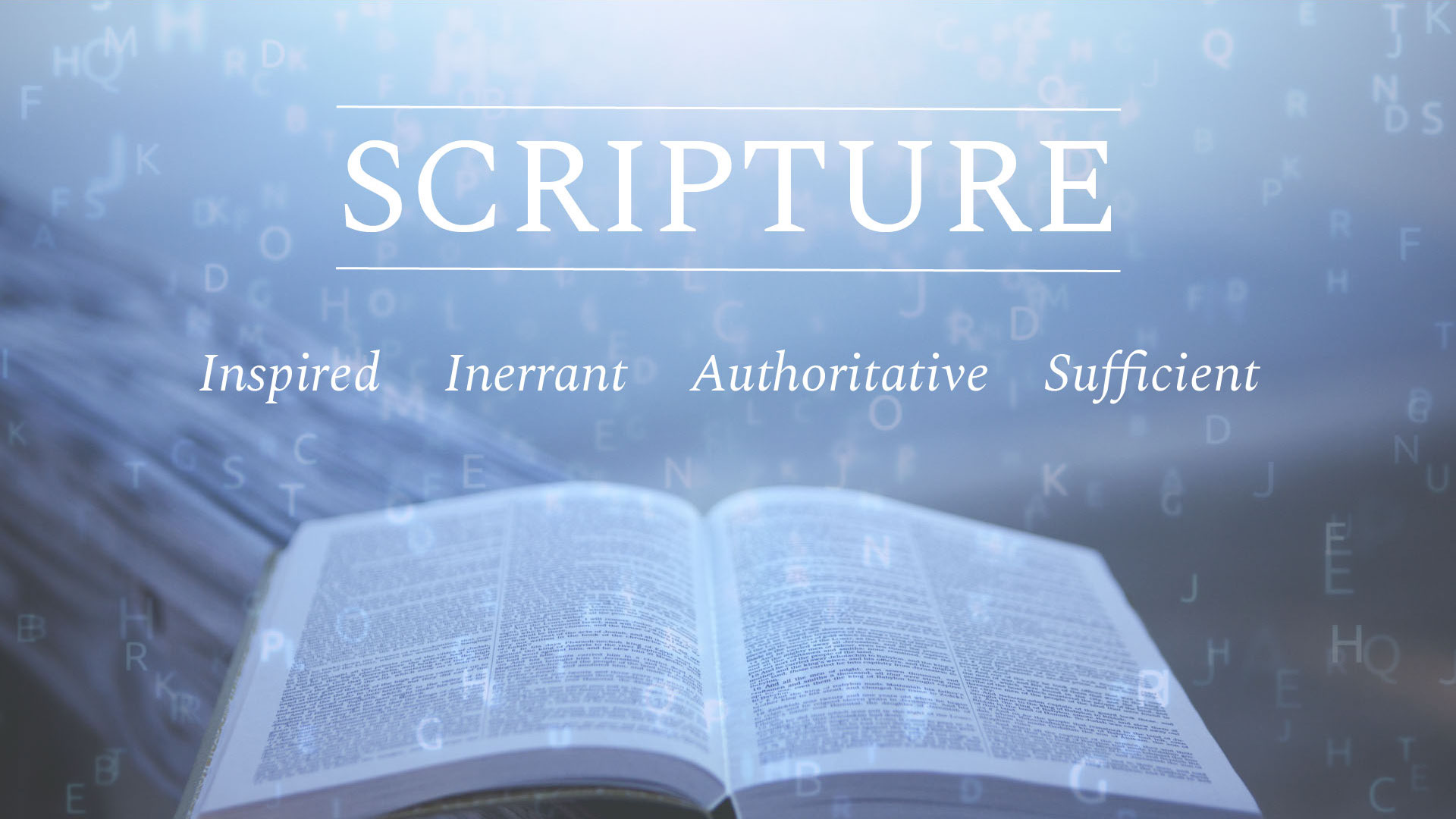-
The Last Days
Contributed by Christopher Holdsworth on Dec 11, 2020 (message contributor)
Summary: A prophecy which Micah shares in common with Isaiah.
IN THE LAST DAYS.
Micah 4:1-5.
So far in the book of Micah it has been a message of doom and gloom for the recalcitrant people of God, with just a glimmer of hope for the faithful remnant. But as the dark clouds gather over Jerusalem, the prophet lifts up his eyes and sees the sunshine beyond his own temporal limitations.
Jerusalem, even Jerusalem which has just been threatened with destruction by the LORD, will be raised up once more. Not as an idolatrous high place, but as it should be, the mountain of the LORD's house, exalted above all hills, and the place where people gather to worship.
According to the Apostle Peter, the last days began at Pentecost, but there are many layers to this prophecy of Micah. Prophets see many things through their temporal prism, like an astronomer who sees clusters of stars with no gauge to determine which are nearer and which further away.
In the relatively short term, the Temple would be rebuilt just 70 years after its destruction by the Babylonians.
The Temple was also the site of many of the scenes in the Gospels and Acts, and it was from here that Christ's message went forth to all the world.
It is possible that the picture of many nations coming to the house of the God of Jacob represents the progress of the gospel from that place: “for the law shall go forth of Zion and the word of the LORD from Jerusalem.”
As the word of God goes forth from Jerusalem, there is a change in the whole of society.
People may easily forget that the gospel came from that city, and fail to take stock of the amount of good which Christ's message has done in the world (as opposed to the downright evil which Church, churches or so-called ‘Christian’ people and peoples have done!)
Where the gospel rules, God judges. It is a right judgment, rather than the perverse judgment of the princes of the house of Israel in the previous chapter. “Strong nations afar off” are rebuked.
Not only this, but the nations begin to use their resources for something other than war.
And now at last the dispossessed are no longer fearful of those who exploited and oppressed them, neither their own people nor the invasion force of the enemy. This is a certainty: “for the mouth of the LORD hath spoken it.”
In the meantime, says Micah, men will follow the gods of their own choosing, but “we (Micah and all the faithful remnant) will walk in the name of the LORD our God for ever and ever.”
It reminds me of Joshua 24:15 - ‘And if it seem evil unto you to serve the LORD, choose you this day whom ye will serve; whether the gods which your fathers served that were on the other side of the flood, or the gods of the Amorites, in whose land ye dwell: but as for me and my house, we will serve the LORD.’

 Sermon Central
Sermon Central



